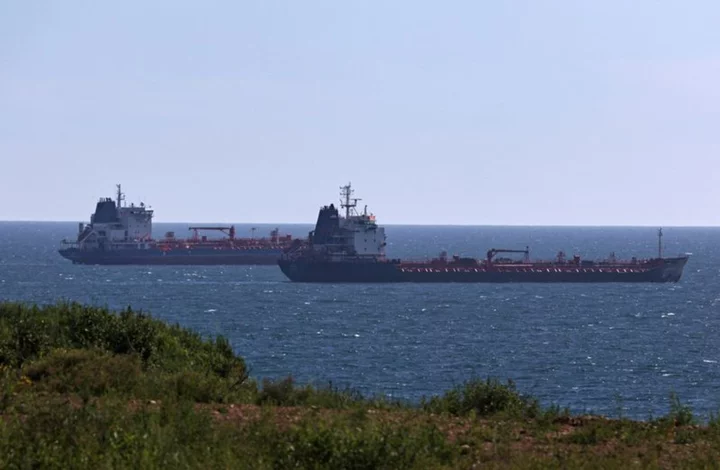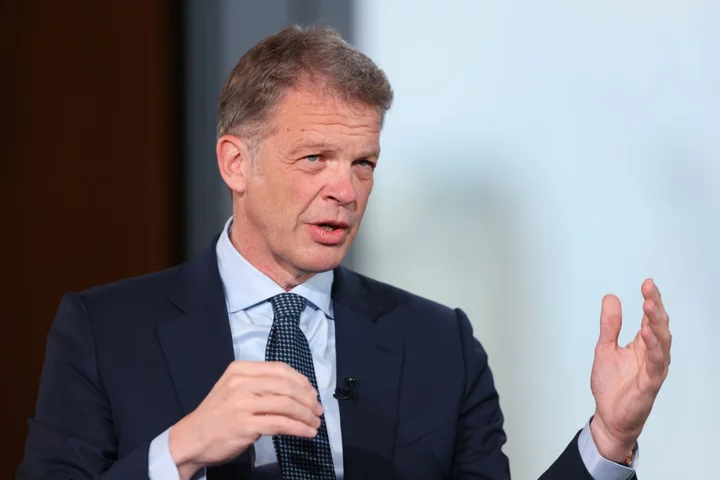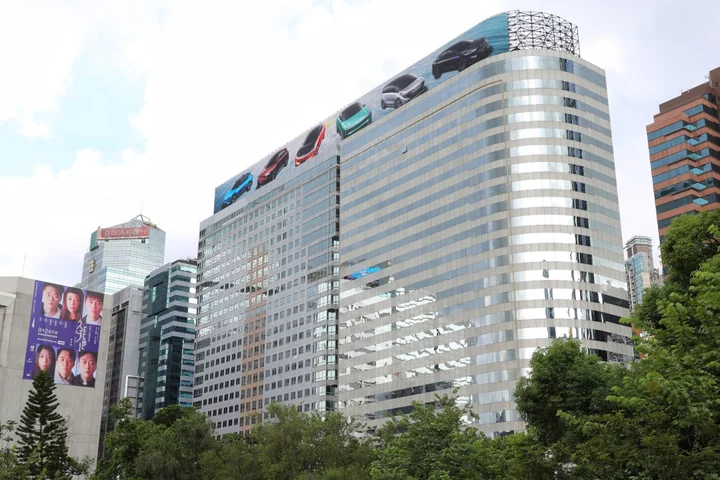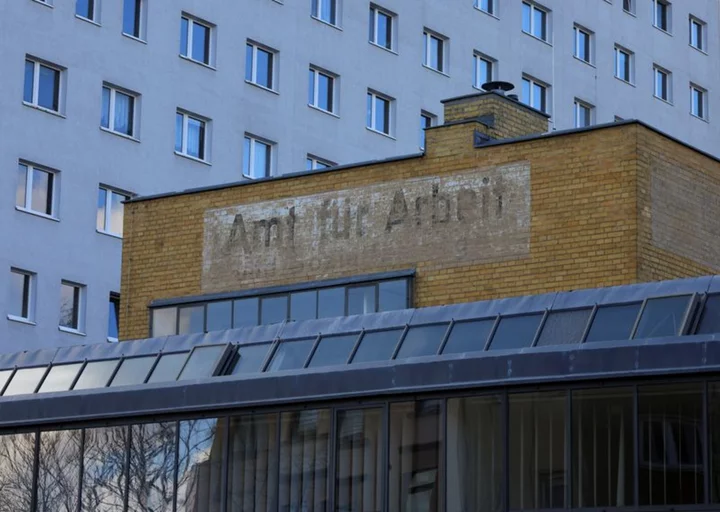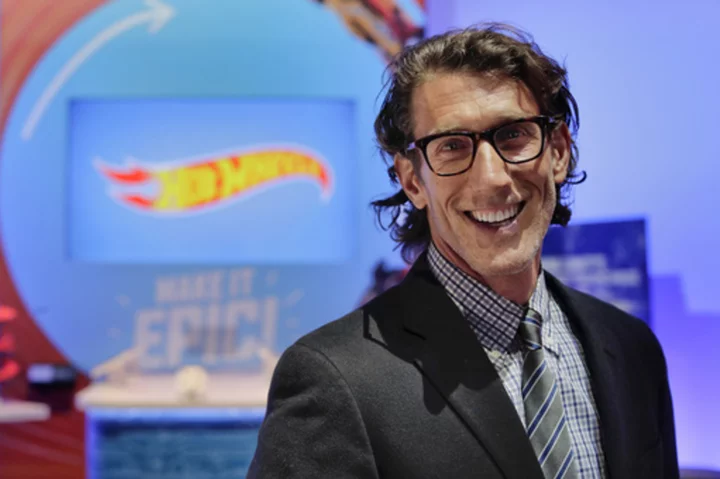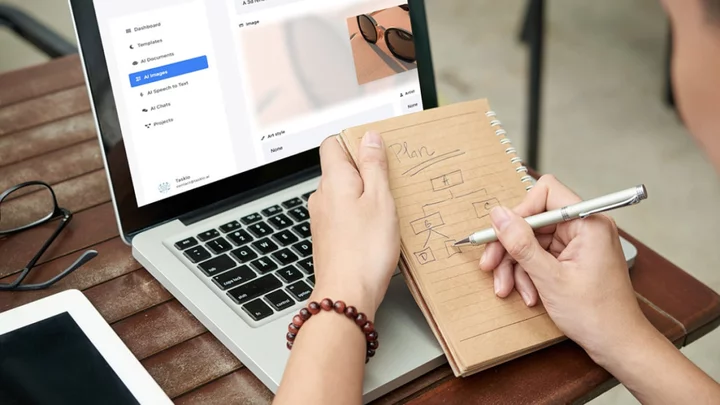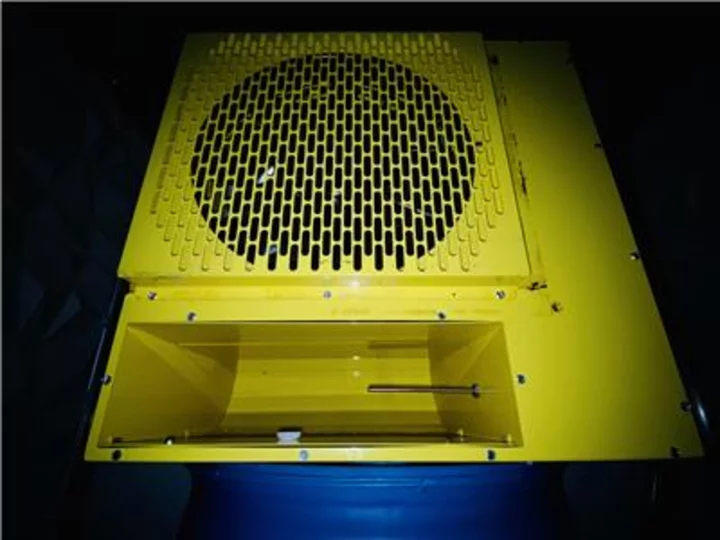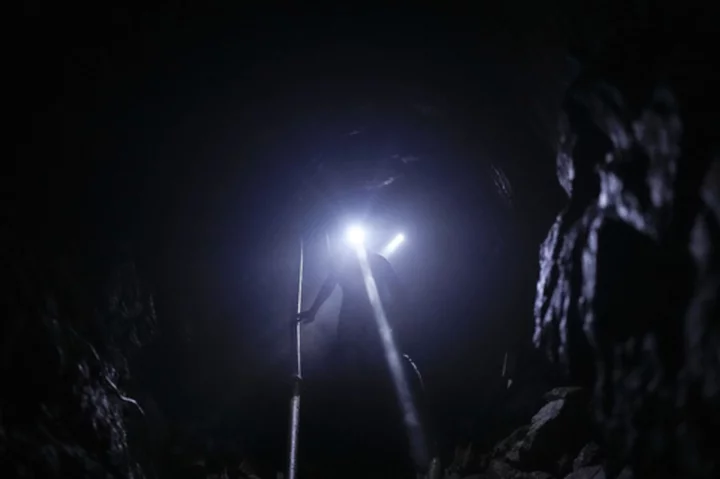Liberia’s incumbent president will seek reelection for another six-year term on Tuesday after an economic crisis and endemic corruption sapped his popularity.
George Weah, a former world footballer of the year, will face 19 other candidates in the race to lead the West African nation. The election is too close to call and he may have to face former Vice President Joseph Boakai, the most popular opposition challenger in a runoff, unless one of them gets more than 50% of the ballots.
There’s “a real risk that the president might not get a second mandate,” said Gyude Moore, who served as Liberia’s minister of works in Ellen Johnson Sirleaf’s administration and is now a fellow at the Center for Global Development, a Washington-based think tank.
Weah’s government has drawn criticism for failing to alleviate poverty in one of the world’s poorest countries and faced accusations of bad governance, while the president’s loss of the support of a key ally — former warlord Prince Yormie Johnson — will also cost him votes, Moore said.
Liberia’s economy, which has large gold and iron-ore reserves, is struggling to recover from two civil wars that ended two decades ago and its worst ever outbreak of Ebola that peaked in 2014.
Over the past six years, Weah’s administration increased borrowing to fund free secondary education, the construction of roads and hospitals, and food and fuel subsidies after prices of both commodities surged because of the coronavirus pandemic and Russia’s invasion of Ukraine. The economy grew an average of 1.7% over the period.
Per-capita income remains about a third of the level prior to the two civil wars between 1989 and 2003, only about 7% of roads are paved, the Liberian dollar is the fifth-worst performing African currency against the greenback this year — depreciating almost 18% — and inflation that fueled riots in December remains high at 11.7%.
To address those challenges, the outgoing administration has pledged to create an enabling environment for business if Weah, a 57-year-old former AC Milan star, gets a second term.
It plans to cut debt, curb the currency’s depreciation against the dollar and use fiscal and monetary policy to drive inflation back to below 10%, Vice President Jewel Taylor, Weah’s running mate, said in an interview.
“We intend to tackle our currency depreciation through an increase in our production capacity,” Taylor, the ex-wife of former warlord-turned-president Charles Taylor said. “We want to ensure that we don’t borrow to the point where our grandchildren will be the ones paying for the loans.”
Liberia’s debt, which stood at 31.8% of gross domestic product at the beginning of Weah’s tenure in 2018 is projected by the International Monetary Fund to reach 57.1% of GDP at the end of 2023 before declining to 56.1% next year.
Graft remains endemic in Liberia, with advocacy group Transparency International ranking the country three places lower at 142 out of 180 in its latest annual corruption perceptions index.
Weah’s Coalition for Democratic Change plans to tackle graft by strengthening prosecuting bodies and punishing corrupt activities. It will also pay whistleblowers, Taylor said.
Boakai, 78, has used the anti-Weah sentiment to build support. He is “selling the message that he’s someone of integrity that’s able to salvage the country from the scandals of the last five years,” said Ibrahim Nyei, director for the Ducor Institute for Social and Economic Research, a Monrovia-based think tank.
Boakai has pledged to turnaround the economy by increasing farm output and improving the country’s road infrastructure.
Other rivals in Tuesday’s vote are Alexander B. Cummings, a former regional Coca-Cola Co. and Chevron Corp. executive, and Clarence Moniba, the son of the late 1980s-era Vice President Harry Moniba.
Cummings has promised to address the “waste in government” and take a zero tolerance approach toward corruption.
--With assistance from Moses Mozart Dzawu and Chris Miller.


